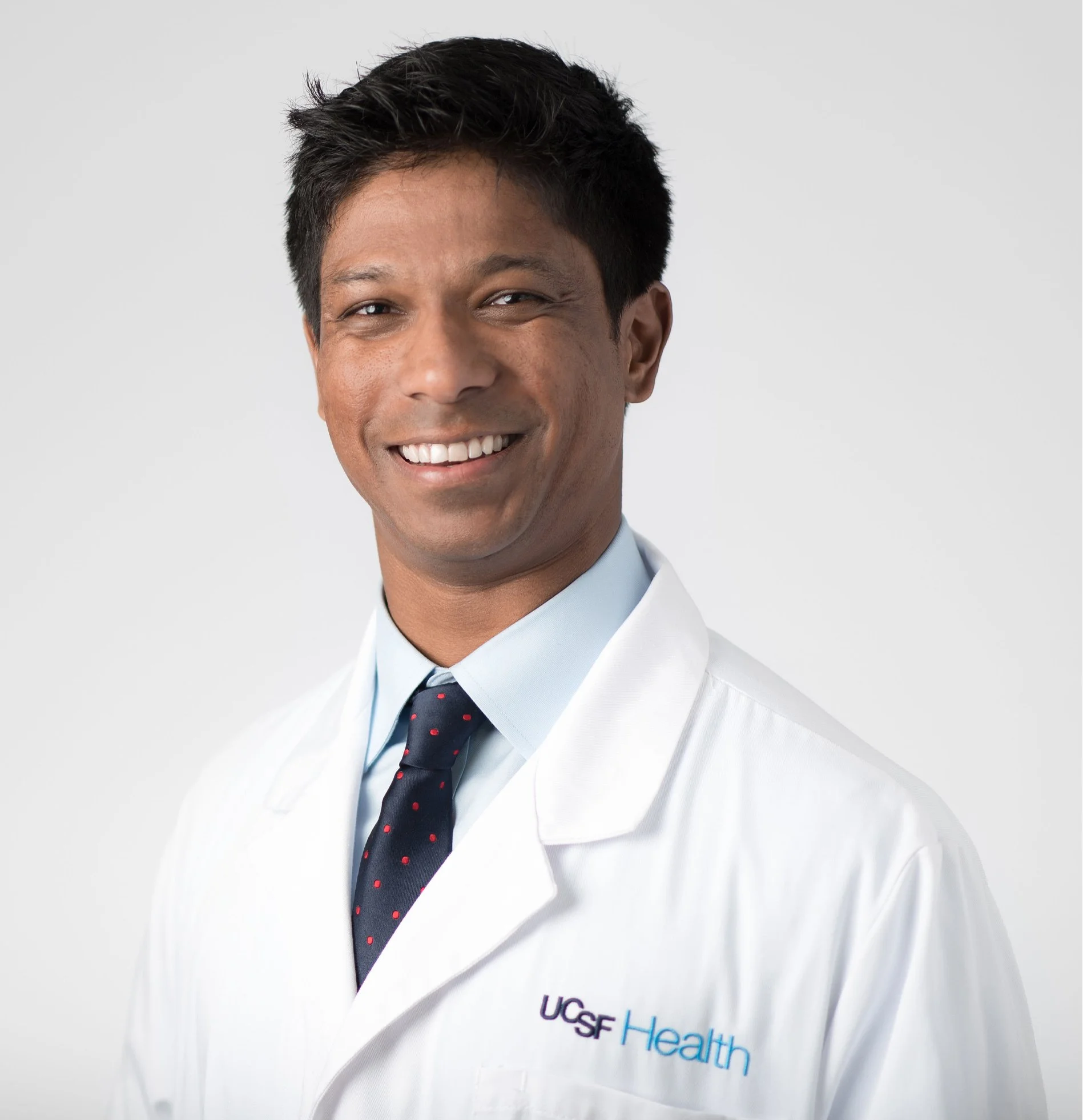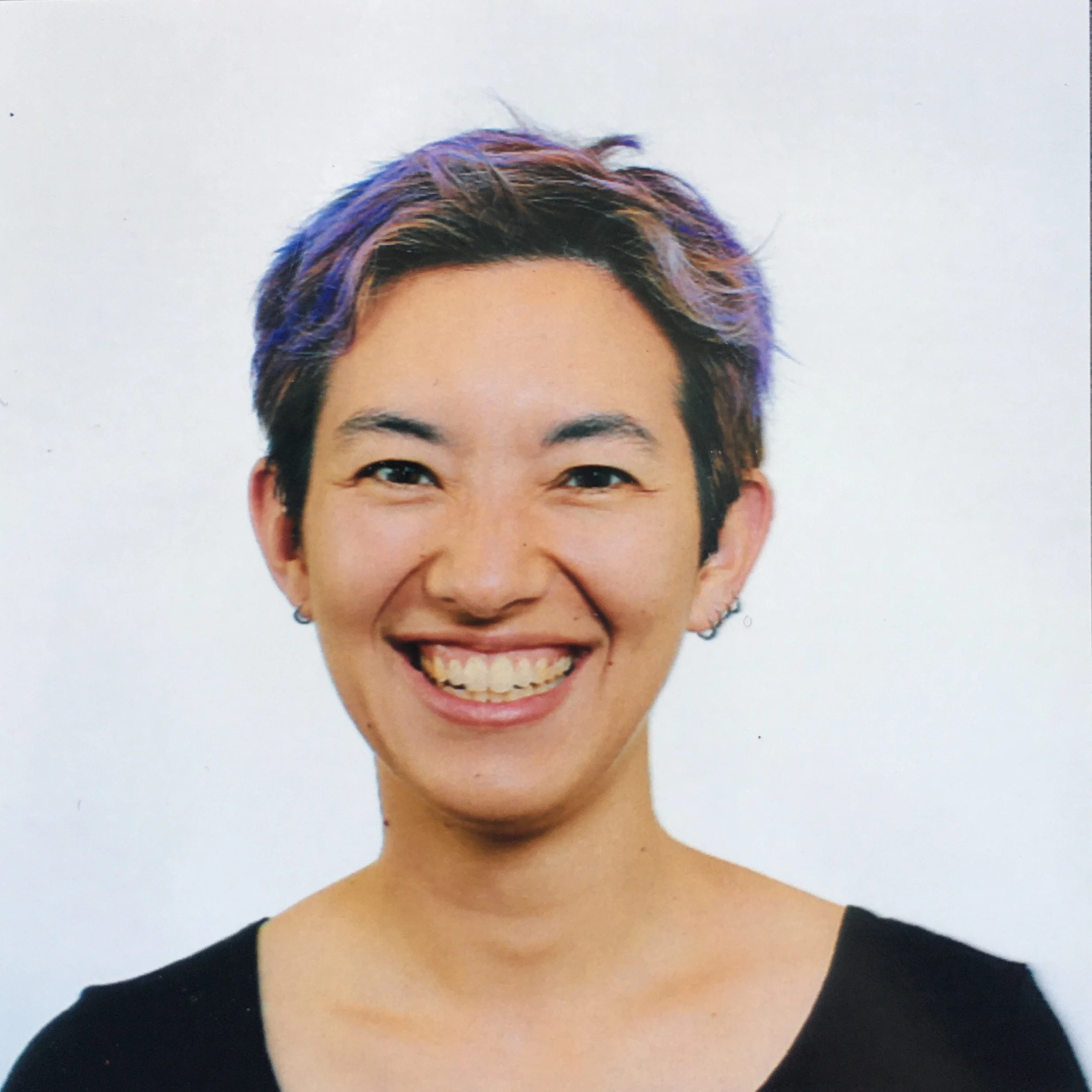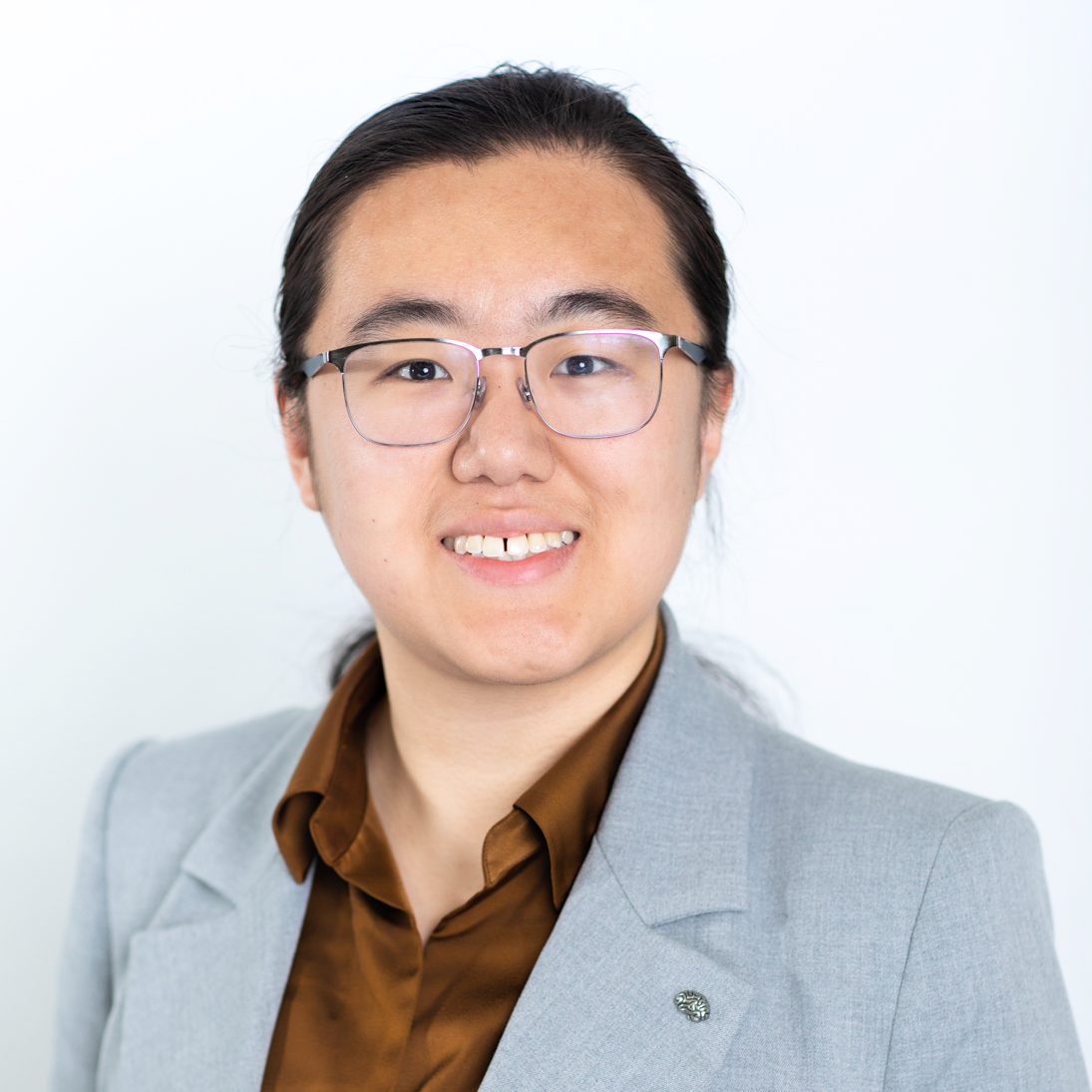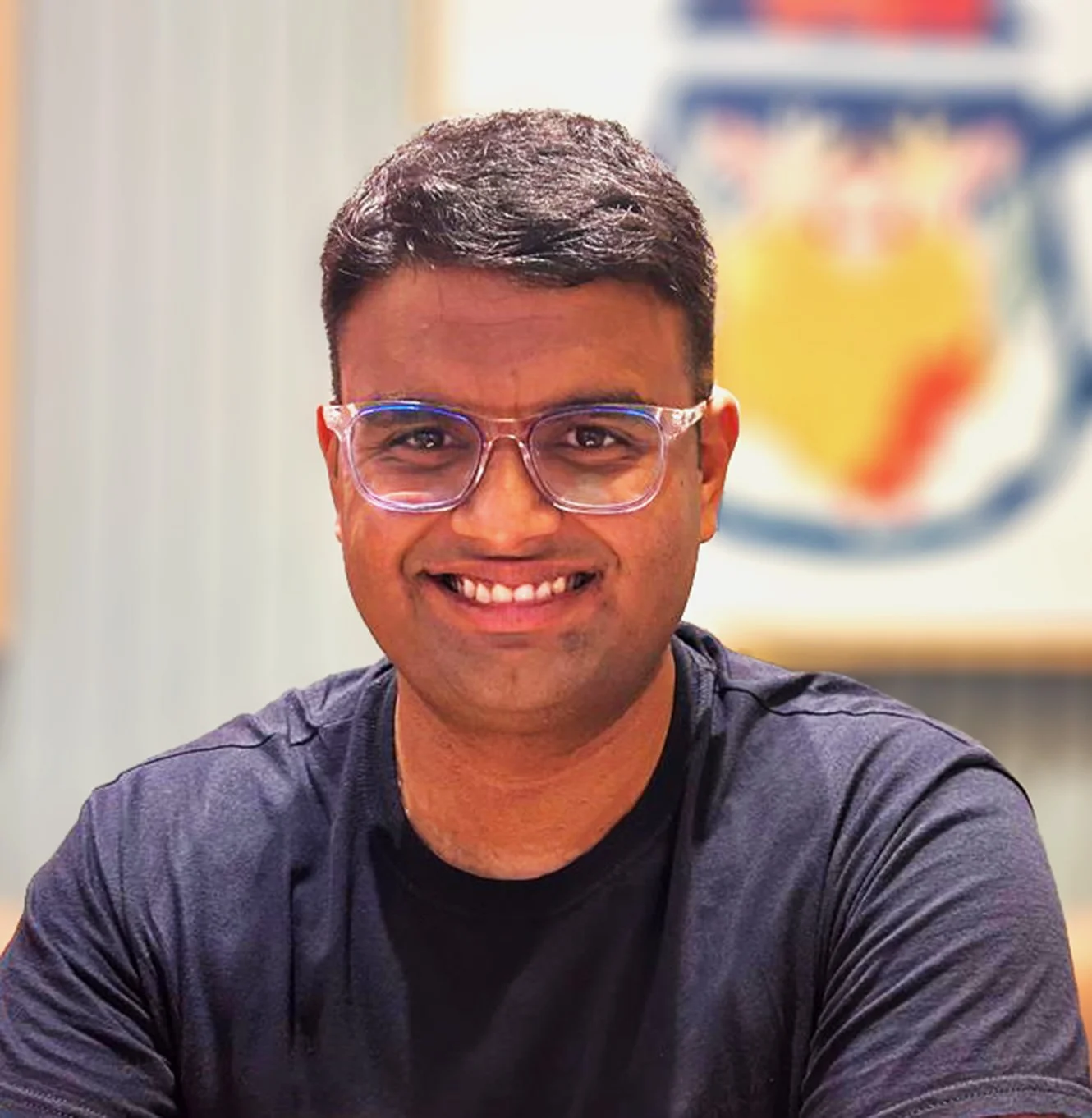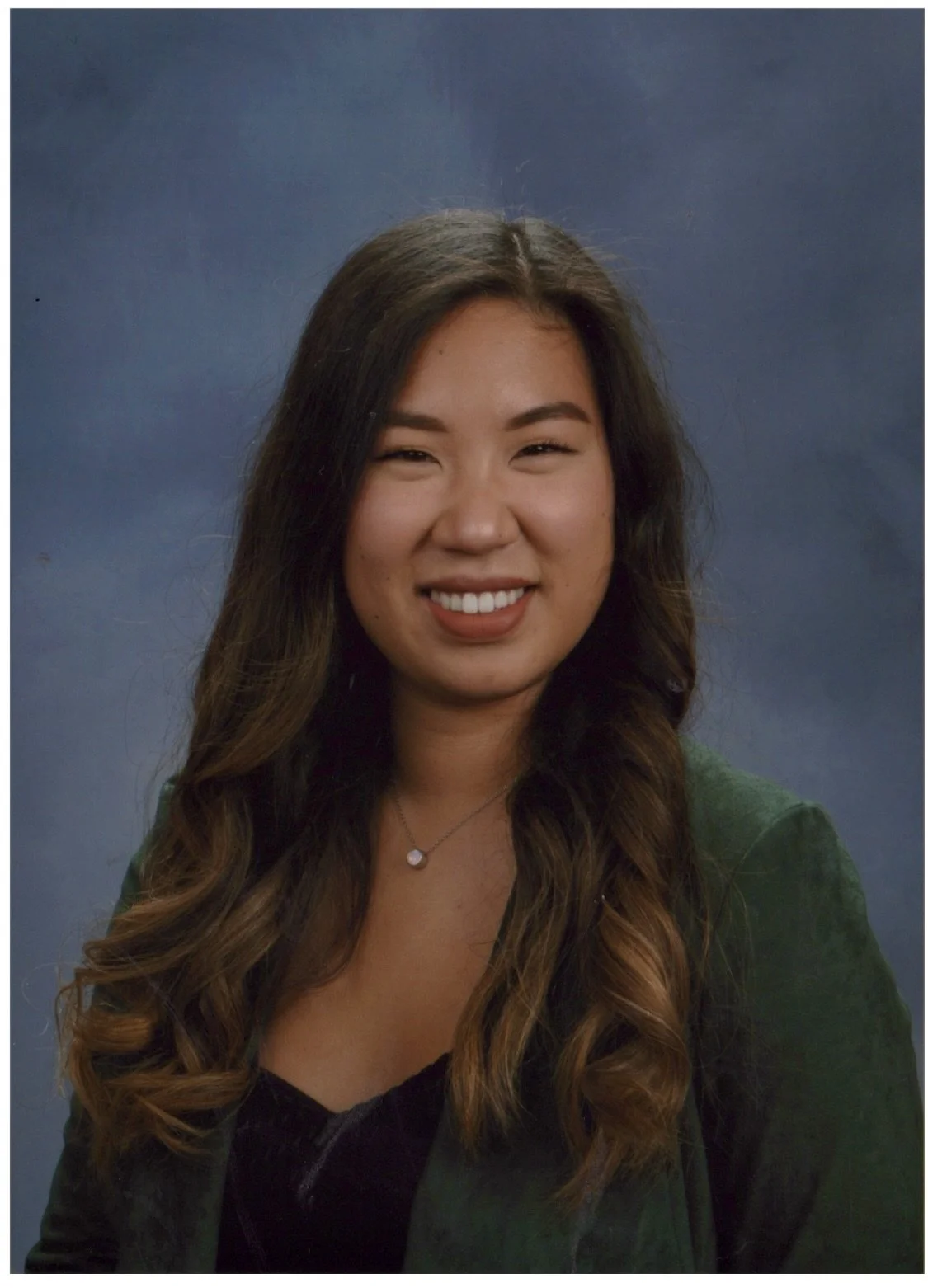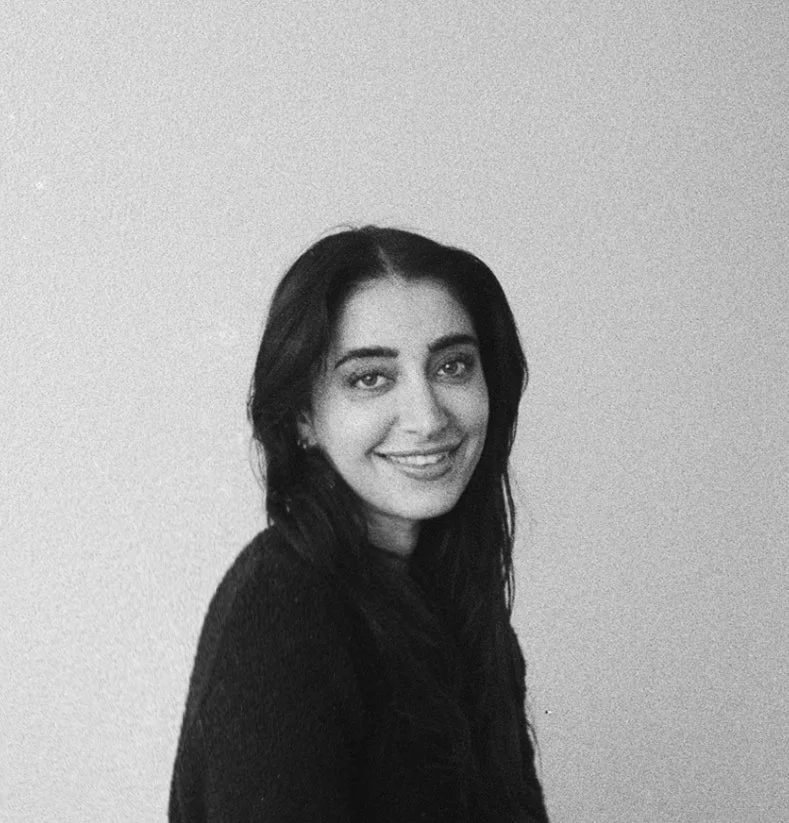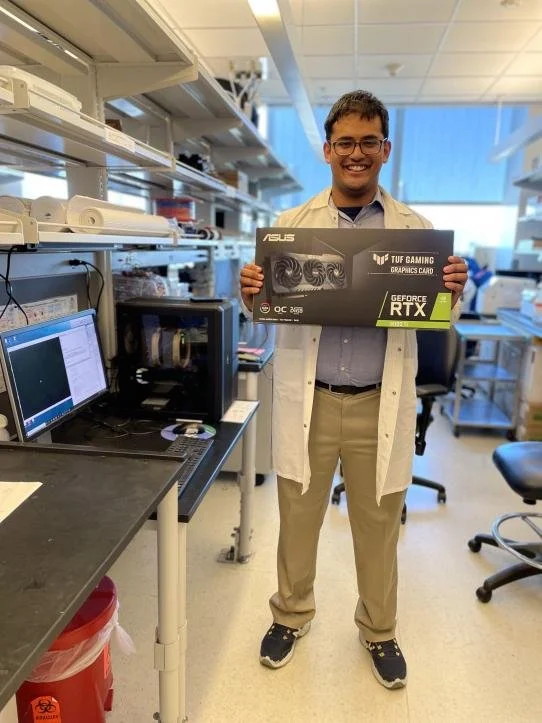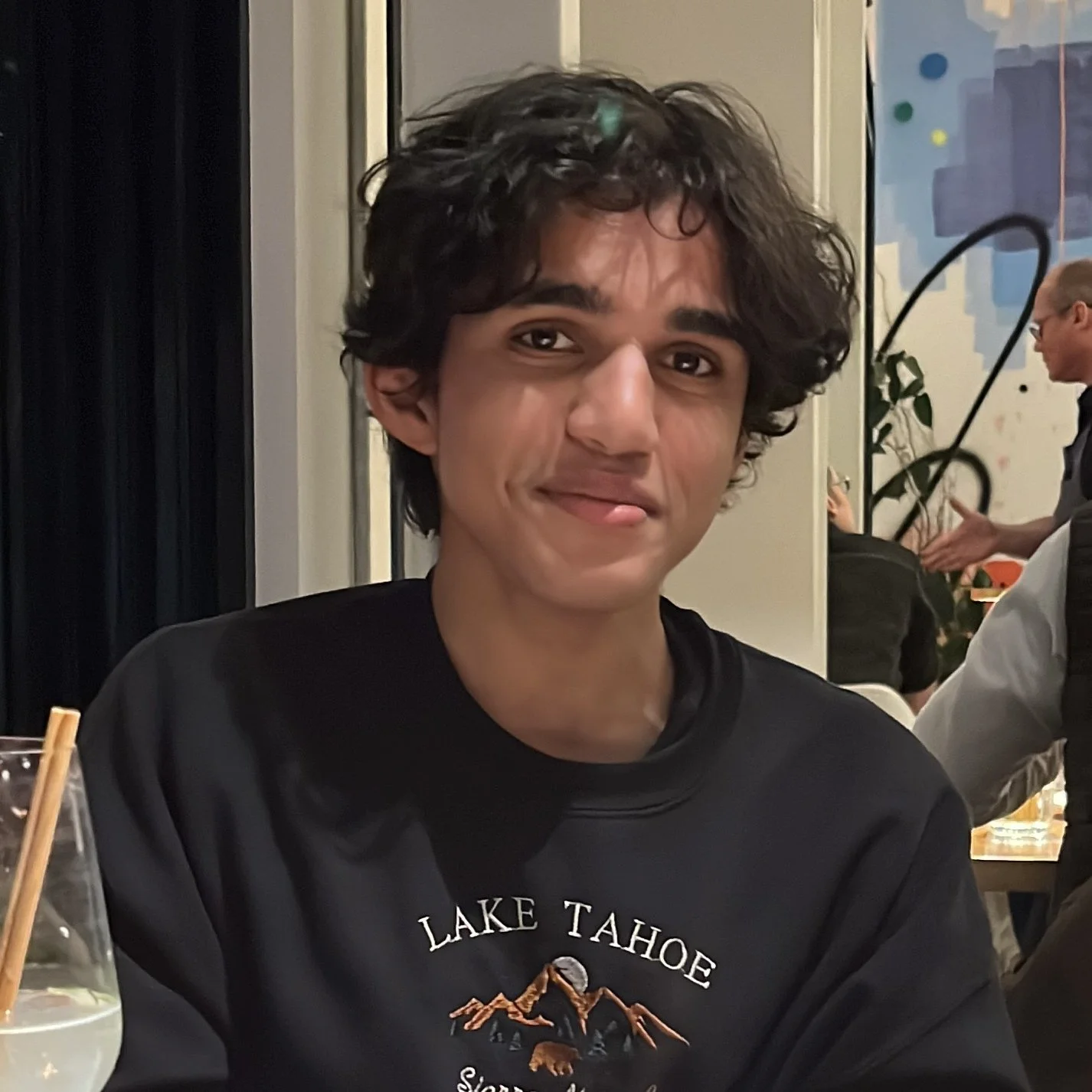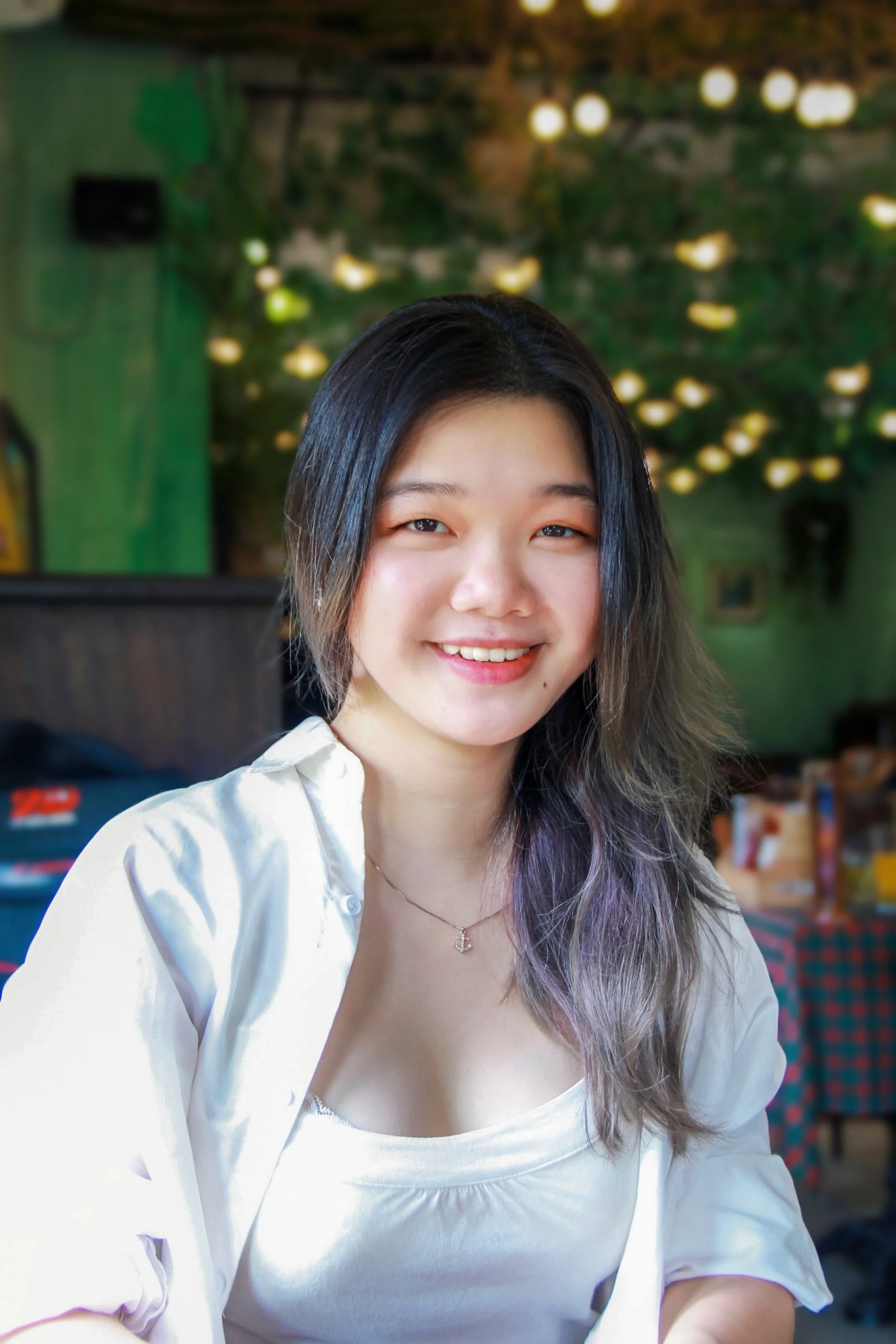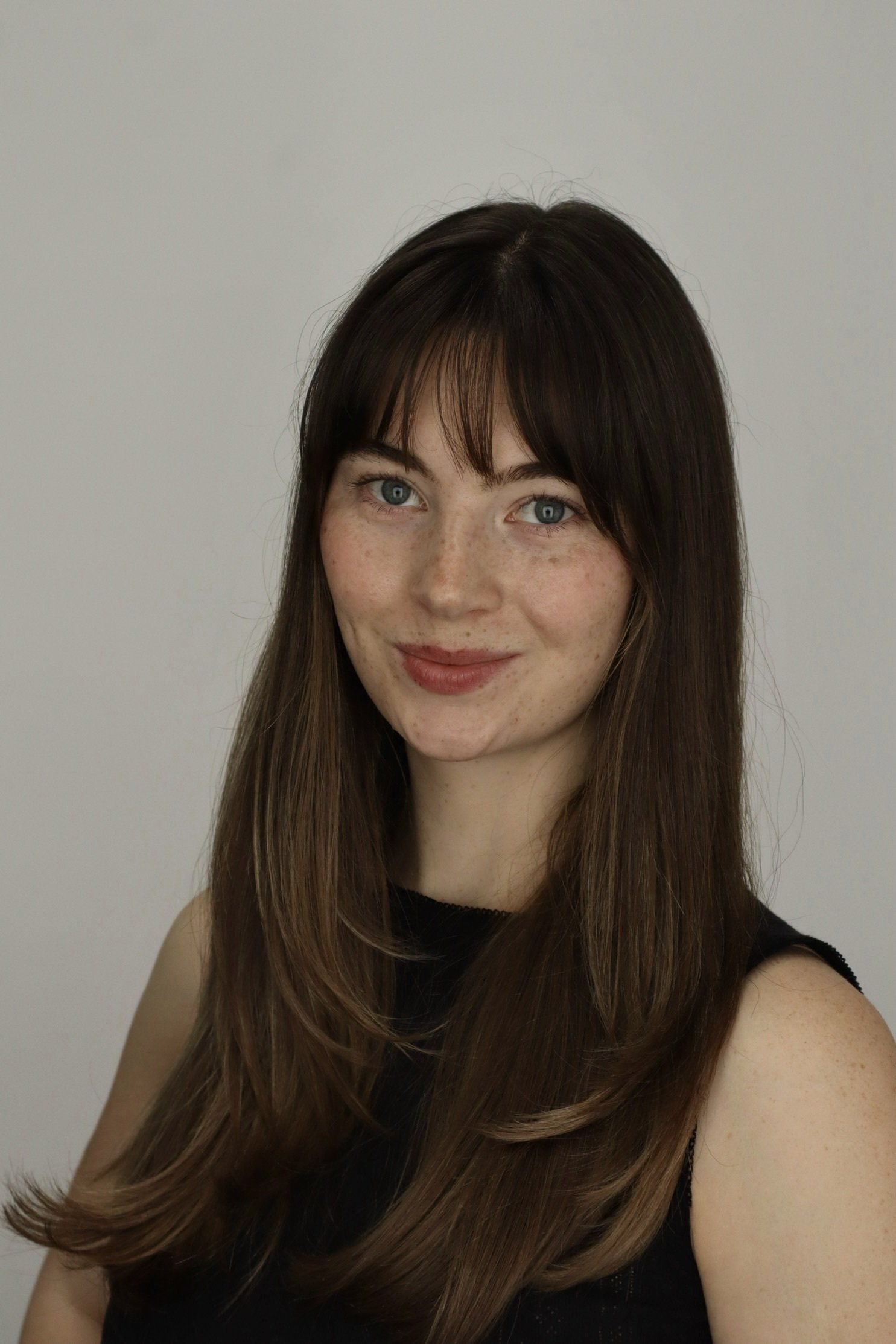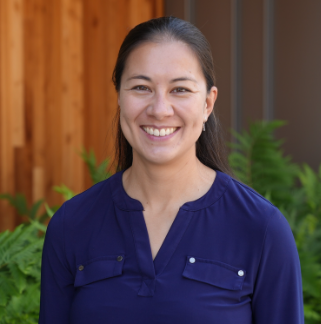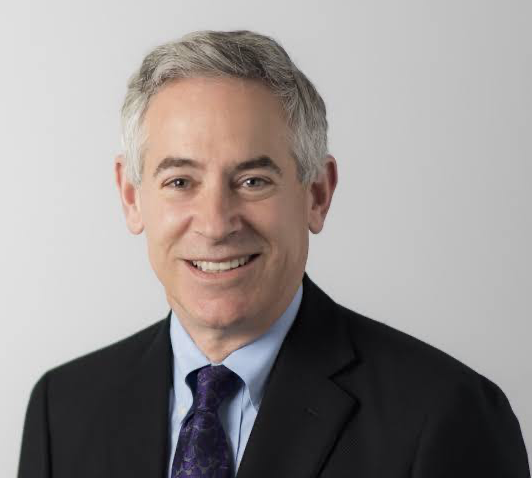Principal Investigator
Prasad Shirvalkar, MD, PhD
Dr. Prasad Shirvalkar is the Principal Investigator of UCSF Clinical Trials for refractory chronic pain (NCT03029884 and NCT04144972) and a neurologist and interventional pain medicine specialist at the UCSF Pain Management Center at Mount Zion. He provides the full spectrum of care for chronic pain conditions, including conservative, nonsurgical treatments such as medications and nerve blocks (anesthetic injections near nerves that are sending pain signals). He also treats patients with advanced neuromodulation therapy by implanting peripheral and spinal cord stimulators, which are devices that relieve pain by sending electrical signals to the spine.
Fun Fact: Prasad was a member of the Oakland Raiders band.
Email: prasad.shirvalkar@ucsf.edu
Post-Doctoral Researchers
Tess Veuthey, MD, PhD
Tess aims to integrate neuromodulation and psychedelic therapies to develop safe, effective treatments for chronic pain and neuropsychiatric conditions—both in traditional settings and beyond. Her research interests span systems neuroscience, chronic pain, psychedelics, and health disparities. During her PhD, she studied how rodents’ neural representations of movement evolve during motor skill learning and brain–machine interface tasks. Currently, she is leading a trial examining how the neural signature of pain changes during and after psilocybin administration in chronic pain patients.
Fun Fact: Tess’s favorite animal is the capybara, a real-life ROUS known for its calm friendliness and adaptability to diverse environments.
Email: tess.veuthey@ucsf.edu
Yiyuan Han, PhD
B.Eng, Information Engineering, Southern University of Science and Technology, 2019
PhD, Computer Science (Neural Engineering), University of Essex, 2023
Yiyuan's research focuses on decoding pain-related states from brain signals. Her primary interests lie in understanding the brain networks underlying pain processing, developing machine learning methods for pain decoding, and advancing closed-loop neuromodulation approaches for chronic pain treatment, particularly through deep brain stimulation (DBS).
Fun Fact: Yiyuan has collected Coca-Cola bottle caps and labels in seven different languages—Chinese, English, French, German, Italian, Spanish, and Swedish.
Email: yiyuan.han@ucsf.edu
Ritwik Vatsyayan, PhD
B.Tech, Electronics and Communication Engineering, Indian Institute of Technology, Guwahati, 2018
MS, PhD, Electrical and Computer Engineering (Medical Devices and Systems), University of California San Diego, 2024
Ritwik's research centers on modeling the effects of neurostimulation to drive the brain from diseased, high-pain states toward healthy, low-pain states, with a focus on deep brain stimulation. His doctoral work explored tissue damage from microelectrode stimulation and led to the development of novel stimulation paradigms for lower limb rehabilitation in spinal cord injury.
Fun Fact: He is an avid hiker with a healthy dose of acrophobia- loves going up mountains, hates looking down!
Email: ritwik.vatsyayan@ucsf.edu
Graduate Students
Jeremy Saal
B.S., Cognitive Science, University of California Santa Cruz, 2017
M.S., Cognitive Neuroscience, Maastricht University
Jeremy is currently a graduate student in the Shirvalkar lab, where his research focuses on network analysis and decoding related to chronic pain, as well as investigating the cognitive aspects of pain expectation. His previous work involved decoding navigational features from the hippocampus using intracranial recordings.
Fun Fact: Jeremy was born in the parking lot at Stanford!
Email: jeremy.saal@ucsf.edu
Lucille Johnston
B.S., Behavioral Neuroscience, Northeastern University, 2020.
Hailing from the east coast, Lucy entered the UCSF Neuroscience graduate program with a bachelor's of science in behavioral neuroscience from Northeastern University, having worked in labs at Harvard University, New York University, and Columbia University. In the Shirvalkar lab, Lucy is interested in studying the neural underpinnings of the cognitive processes underlying pain processing, including placebo and nocebo.
Fun Fact: In high school, Lucy was in a movie (she has an IMDb page)!
Email: lucille.johnston@ucsf.edu
Clinical Research Coordinators
Chad Sitgraves
B.S. M.S., Biomechanical Engineering, Stanford University, 2012.
As a Clinical Research Coordinator, Chad enjoys applying his background in biomedical engineering and medical device development to studying novel therapies in neuromodulation for chronic pain.
Fun Fact: Chad likes to attend music festivals and has been to over 30 in his life!
Email: chad.sitgraves@ucsf.edu
Catherine Borror
Catherine Borror is a Certified Clinical Research Professional (CCRP) through the Society of Clinical Research Associates (SOCRA) with experience in study design and coordination at UCSF working in the Neurology Department.
Fun Fact: Catherine was in Kidz Bop!
Donna Shahreza
B.S., Molecular Biology, UC Santa Barbara, 2020.
With a background in both academic research and the biotech industry, Donna brings her diverse experience to support research in DBS for chronic pain as a Clinical Research Coordinator.
Fun Fact: Donna enjoys mountaineering—in 2023 she spent her summer summiting the highest mountain in the Middle East!
Email: donna.shahreza@ucsf.edu
Rotation and Undergraduate Students
Aditya Behal
B.S., Computer Science and Biology, Rensselaer Polytechnic Institute, 2024
Aditya is a current PhD student in the joint UC Berkeley - UCSF bioengineering Ph.D. program and has worked in the lab for the past 2 summers. In the summer of 2023, he worked on characterizing the associations between FitBit data (physical activity and sleep) and chronic pain. In the summer of 2024, he was looking at the neural circuitry involved in chronic pain using the single pulse electrical stimulation dataset. Currently, he is investigating the ambulatory evoked potentials dataset to uncover which features best decode chronic pain. Outside of the lab, he is an avid Warriors and Lakers fan and chess enthusiast.
Fun Fact: Aditya was a nationally ranked chess player in high school!
Email: aditya.behal@ucsf.edu
Eli Teo Levy
Eli is a junior at UC Berkeley studying neuroscience. In the Shirvalkar lab, he helps design and coordinate clinical trials to further uncover mechanisms underlying chronic pain, aiming to apply non-invasive neurostimulation to target such pathways. Eli plans on attending medical school and becoming a physician—and is considering a career in surgery.
Fun Fact: In high school, Eli was in the top 1% of Citibike riders in New York City.
Email: elilevy@berkeley.edu
Aashray Namagoudar
Aashray is an undergraduate student at City College of San Francisco pursuing a bachelor’s in Cognitive Science. He is currently studying the viability of decoding pain in sEEG recordings while electrical stimulation is being administered simultaneously.
Fun Fact: Aashray has a dog!
Email: aashray.namagoudar@ucsf.edu
Vi Nguyễn
B.A., Cognitive Neuroscience and Computer Science, Washington University in St Louis, 2025
Vi is a current Ph.D. student in the joint UC Berkeley–UCSF Bioengineering program. Her research background is in precision neuroimaging using fMRI, with a focus on individualized functional mapping of therapeutic response in patients with dystonia and traumatic brain injury.
For her graduate training, she is interested in understanding how the brain can serve as a window into whole-body health, and developing experimental and computational approaches to probe and quantify brain–body interactions. She is particularly motivated by the potential for such markers to enable individualized diagnostics and closed-loop neuromodulation systems that adapt dynamically to a patient’s physiological state. Currently, her work in the lab explores sleep as a potential indicator or moderating factor in chronic pain patients.
Fun Fact: She can drive a motorcycle since middle school, but still can’t drive a car.
Email: vi.nguyen3@ucsf.edu
Frieda Nemon
B.S. Biological Sciences, Cornell University, 2025
Frieda is a current PhD student in the Neuroscience program at UCSF. Her background is in budgerigar (parakeet!) vocal communication and behavior. She is interested in studying transcranial focused ultrasound (FUS) and its potential therapeutic role in psychiatric illness.
Fun Fact: Frieda took a circus arts class in undergrad!
Email: frieda.nemon@ucsf.edu
Collaborators
Kristin Sellers, PhD
Assistant Adjunct Professor
Dr. Sellers is an Assistant Adjunct Professor in the Department of Neurological Surgery. She studies intracranial electrical stimulation for the treatment of neuropsychiatric disorders including major depressive disorder and chronic pain. She works to translate learnings from early stage clinical trials of closed-loop neuromodulation for the development of neurotechnologies and supporting infrastructure.
Fun Fact: Kristin made an appearance in the Guinness Book of World Records!
Email: kristin.sellers@ucsf.edu
Julian Motzkin, MD, PhD
Assistant Professor
Fun Fact: Julian was the lead singer and rhythmic guitarist for a band during his residency- The Rhythmic Jerks!
Email: julian.motzkin@ucsf.edu
Edward Chang, MD
Chair, Department of Neurological Surgery
Dr. Edward Chang is a neurosurgeon at UC San Francisco specializing in the treatment of intractable epilepsy, trigeminal neuralgia, and brain tumors. His research focuses upon the brain mechanisms for human speech, movement, and cognition. He co-directs the Center for Neural Engineering & Prostheses at UC Berkeley and UCSF, which brings together engineering, neuroscience, neurology and neurosurgery to develop state-of-the-art biomedical devices to restore function for patients with neurological disabilities.
Fun Fact: Every year, Edward goes sailing in the Caribbean!
Email: Edward.chang@ucsf.edu
Phillip Starr, MD, PhD
Professor, Department of Neurological Surgery
Dolores Cakebread Chair in Neurological Surgery
Dr. Starr's particular specialty interests lie in the area of movement disorders, including Parkinson's disease, tremor, and dystonia. He has fellowship training in microelectrode-guided surgery of movement disorders, which he completed at Emory University in Atlanta, Georgia. Dr. Starr's research interests include physiology of the human motor system in movement disorders, mechanisms of deep brain stimulation, and development of adaptive deep brain stimulation using chronically implanted bidirectional neural interfaces.
